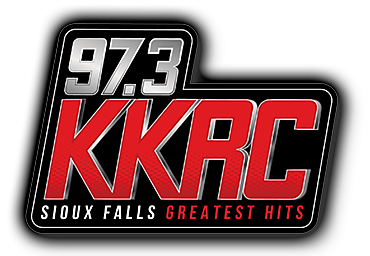
Proposed Sioux Falls Utility Rate Hike Touches Multiple Nerves
When it comes to monitoring how taxpayer funds are spent, the people have a right to speak. Likewise, City departments also should be able to make their case.
A press release on Sunday from City Councilwoman-elect Theresa Stehly alerted citizens to coming rate increases for water and sewer rates. Stehly and others feel that rates have risen too much over the past half-decade as the following announcement explains.
Affordable living is taking a hit this week in Sioux Falls. The city of Sioux Falls has doubled the water and sewer fees in the last 5 years. Now a proposed rate increase will raise them another 18% over the next 3 years.
This is being proposed this week with the expected final vote before the new council members take office in May.
We need your help to stop this unfair rate increase. The 1st reading is scheduled for this Tuesday April 19th. With the final vote to happen soon after.
Contact information for the Council members and the Mayor’s office were also included in the release which was sent to members of the press.
The Argus Leader investigated what Stehly and Greg Neitzert, who is another Councilor-elect, would propose for an alternative way to pay for upgrades. Setting aside a portion of sales tax receipts in Sioux Falls would be their method.
Mark Cotter of Sioux Falls Public Works has issued a press release in advance of their intention to bring a proposal to the Council.
The Public Works team will present utility rate requests to the Sioux Falls City Council, Tuesday, April 19, 2016, at both the 4 p.m. City Council Informational Meeting and at the 7 p.m. regular City Council Meeting.
The City of Sioux Falls makes it a priority to provide safe and reliable utilities at the lowest possible cost. The rates homeowners and businesses pay are dedicated to the utility and invested back into the infrastructure that serves these systems. The stepped rate increases presented will provide the resources necessary to operate, maintain, and improve the utilities while minimizing the impact to customers.
“Investment in infrastructure is essential to minimize risk for each of these utilities. We need to continue to repair and replace the infrastructure already in place at the same time we plan for growth. Ignoring or delaying capital projects will certainly increase the risk of failure,” says Mark Cotter, Director of Public Works.
Sales tax funds are not used to support water purification, water reclamation, sanitary landfill, and light and power utilities per City Council Resolution 73-09, which says:
“[E]nterprise accounts of the City relating to water, water reclamation, sanitary landfill and the city electric utility should cover the true cost for that enterprise, including operation, maintenance, periodic capital replacement, new capital acquisitions and improvements, debt service requirements, and other costs deemed necessary.”
To learn more about utility rates, attend or watch the City Council Informational Meeting held at Carnegie Town Hall, 235 West Tenth Street, at 4 p.m. today.
As the process continues, information will be presented with each side getting the opportunity to present their case, justifying the reasons for their beliefs. In turn, citizens should weigh each side’s argument then cordially contact the Council member that represents them with questions or comments.
See Also:
More From KKRC-FM / 97.3 KKRC









